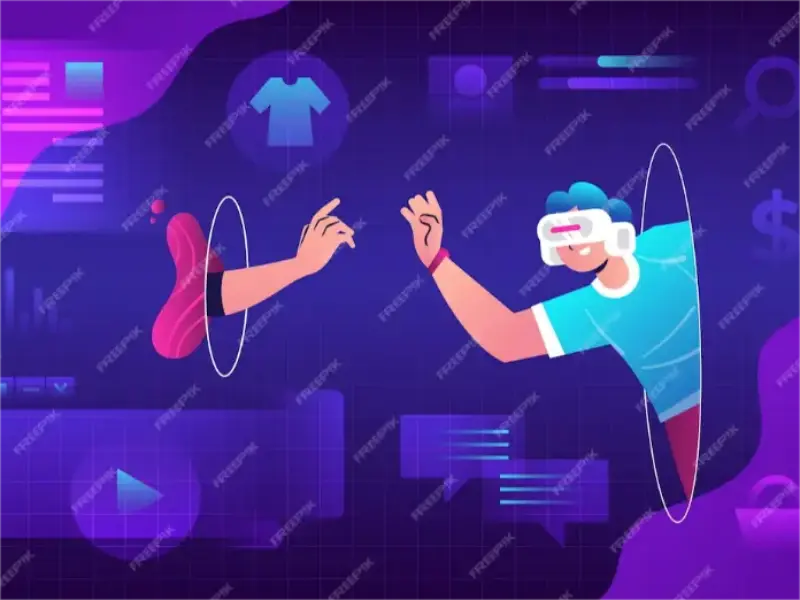- Facebook’s Reality Labs has developed a new technology that enables people to see the eyes of someone wearing an AR or VR headset.
- The technology, called ‘reverse passthrough’, projects the wearer’s actual 3D eyes onto the headset to improve social interactions.
- The technology is still in the experimental phase and is not yet ready for consumer use, but Facebook believes it could be a beneficial path for different users in the long term.
Facebook is developing a new technology that projects the wearer’s 3D eyes onto VR headsets, making social interactions feel more natural and less jarring.
Enhancing social interactions with real 3D eyes
Also read: Holoeyes Secures 400 Million Yen to Expand Medical Virtual Reality
Facebook is making VR headset conversations feel more natural by projecting the wearer’s real 3D eyes onto the device.
Facebook is hoping that its technology can enhance social interactions for those using Oculus headsets in the future.
The company’s Reality Labs, which develops augmented and virtual reality products, has created a way for people to see the eyes of someone wearing an AR or VR headset.
The concept of reverse passthrough
Oculus headsets, owned by Facebook, use cameras on the outside to allow users to see their surroundings while wearing the headset (known as ‘passthrough’).This new technology is the opposite of passthrough, called ‘reverse passthrough’
Nathan Matsuda, a research scientist at Facebook, came up with the idea for the experimental reverse passthrough research after wearing a Quest headset with Passthrough and realising that his colleagues couldn’t make eye contact with him.
In 2019, Matsuda demonstrated the idea using a Rift S headset with a 3D display attached to the front.
Facebook says a 3D display is necessary to avoid the eyes being ‘visually jarring’.
Future of mixed reality and the metaverse
However, the technology is not yet ready for consumer use as the hardware is still connected by many cables and the eye and facial renderings are not yet lifelike enough.
Facebook believes that in the long term, the technology could be of use in different scenarios for different users.
The company’s ventures into mixed reality will first become available to consumers through a collaboration with Ray-Ban.
Facebook is also developing ‘Project Aria’, smart glasses that add a 3D layer of useful information on top of the physical world.
In the long-term, Facebook is moving towards the ‘metaverse’, an embodied internet that will combine the digital and physical worlds with interoperability across services and a built-in economy.

